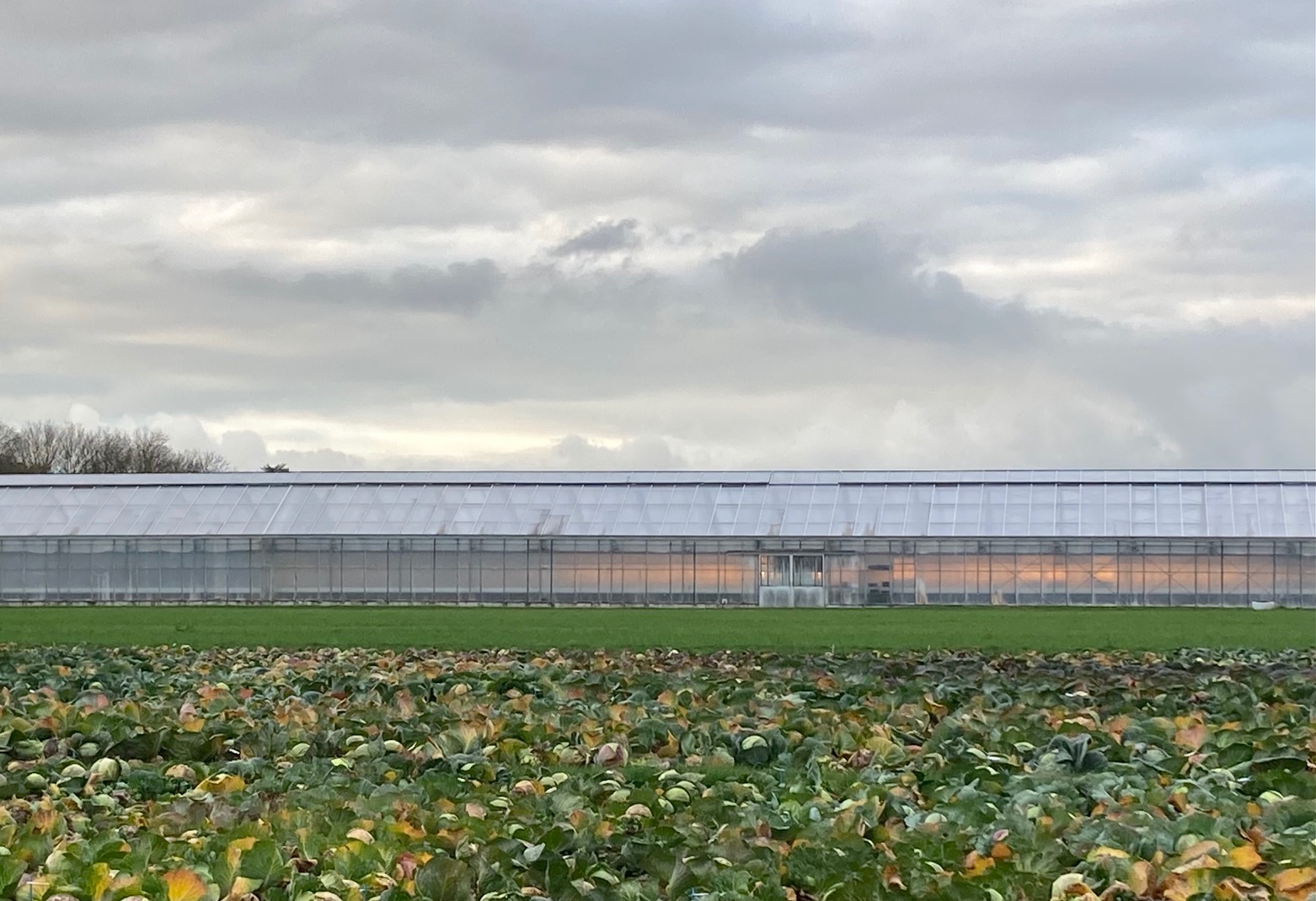Dutch commission research, will abstain on EU pesticide vote

The Netherlands will abstain on the European Commission vote to permit the use of the herbicide glyphosate in farming for a further 10 years.
Instead, farm minister Piet Adema says he has commissioned the public health institute RIVM to carry out “scientific research into the possible relationship between glyphosates and Parkinson’s disease”.
Adema told reporters on Tuesday the Netherlands had decided to abstain after considering both the “scientific advice” and “the public’s concerns”.
Glyphosate is the active ingredient in some of the world’s most widely used pesticides such as Roundup, but has been linked to cancer and several diseases of the nervous system and can be harmful to wildlife.
It was last approved for use in the EU in 2017 — but only for five years – and that approval was extended last year for a further 12 months.
Living with Parkinson’s in NL: we want a cure and we want it now
Dutch farmers and the flower industry want to be able to use the chemical because, they say, there are no alternatives. The European food safety body EFSA has also given its approval. A majority of MPs, however, recently voted against the plan.
The number of people in the Netherlands with Parkinson’s disease has gone up 30% over the past decade, according to a new study, published in Dutch medical journal NTG.
The research, carried out at several Dutch hospitals, shows that the increase is due to both pollution and pesticides, and that fact the population is getting older, lead researcher Bas Bloem told the AD.
The amount of “junk in the environment”, including pesticides, is a major factor, Bloem said. “We know that farmers and market gardeners have a much greater risk of developing Parkison’s and people living close to arable farms also have a higher risk.”
Lily grower
In June a court in Assen ruled that a lily bulb grower must stop using pesticides because they may be causing neurological diseases, but the case was later overturned on appeal.
The lower court judge said the claimants had a legitimate concern that their exposure to a mix of pesticides put them at risk of contracting diseases such as Parkinson’s.
Last year, European research led by Wageningen University showed that 42% of Dutch farmland has excessive levels of nitrogen and phosphates, in addition to widespread contamination with pesticide compounds.
The commission vote is likely to take place on October 13.
Thank you for donating to DutchNews.nl.
We could not provide the Dutch News service, and keep it free of charge, without the generous support of our readers. Your donations allow us to report on issues you tell us matter, and provide you with a summary of the most important Dutch news each day.
Make a donation